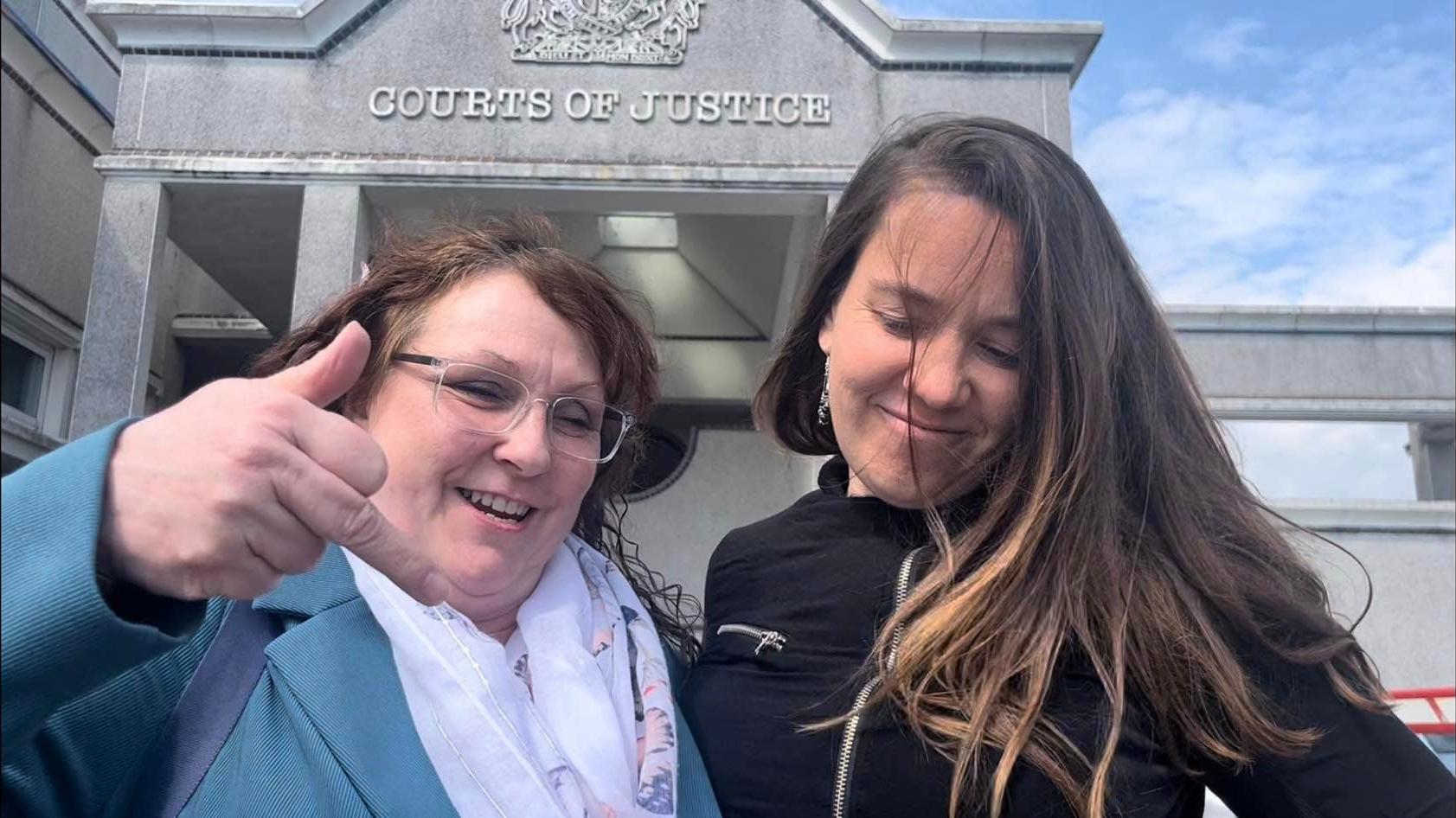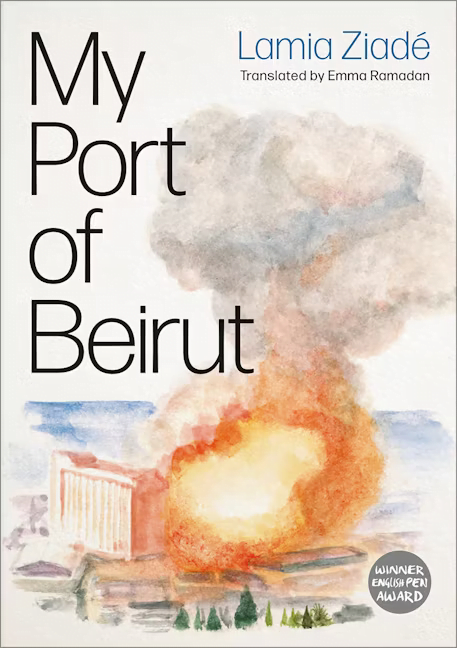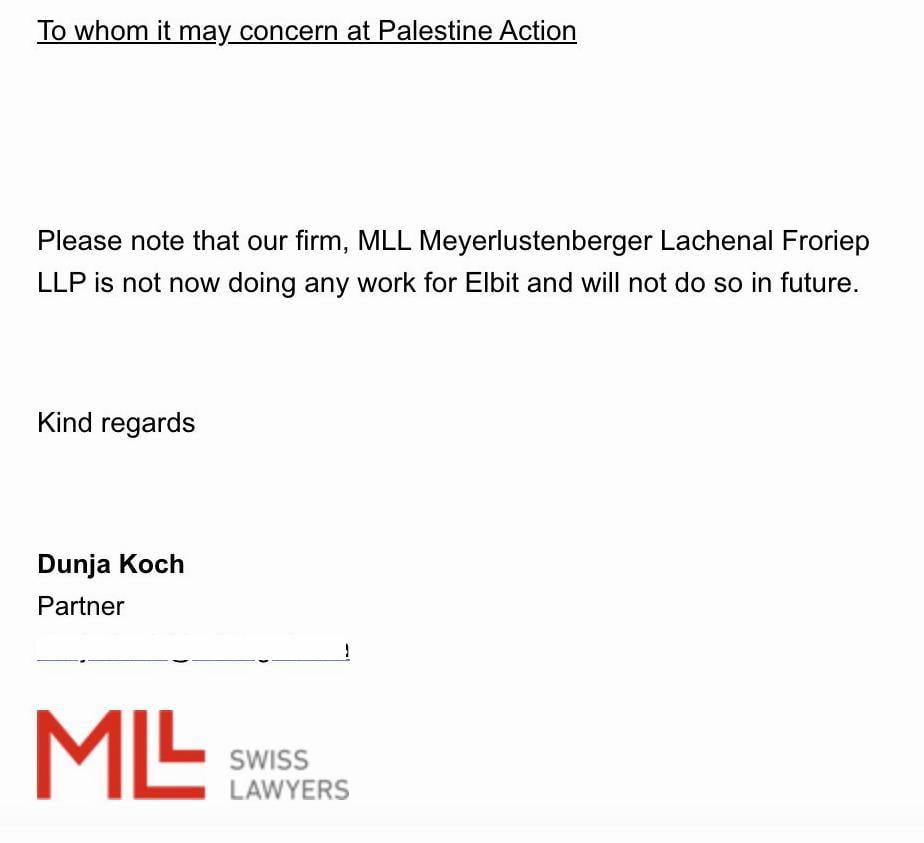In his second article looking at recent editions to the Freedom digital archive, historian Jack Saundrs considers the anarchists’ take on Britain’s declining imperial holdings as another vicious conflict broke out just a few years on from World War II — the Malayan Emergency.
In the immediate aftermath of the Second World War, the governors of the British Empire had no immediate plans to quit most of its colonies. Even as the Attlee government organised a hasty retreat from the increasingly ungovernable British India (1947) and washed their hands of the Palestinians and their fate (1948), future plans for an ongoing economic and geopolitical role in the Caribbean, Africa and South East Asia continued. Labour, with visions of a more benign, more paternalist commonwealth, “preparing” colonised populations for “responsible self-government,” didn’t necessarily see the winds of change coming.
Freedom’s pages in September 1948 reflected a more realistic cynicism about Britain’s ongoing ability to project global power. That year, as the new socialist government dispatched the British Army to put down anti-colonial insurgents in Malaya, Freedom saw delusions of former grandeur.

“The news that the Guards are going to Malaya must be a whiff of nostalgia in the nostrils of the retired colonels of Bath and Cheltenham. All the build-up of a nineteenth century campaign is there. British planters and settlers have been murdered by Chinese terrorists. The Russians are blamed for causing the trouble (they always were and only the use of the term “Communist” by the Press seems a trifle anachronistic). We must step in to defend the grateful Malays and restore outraged British interests.”
All the trappings of a grand colonial expedition, but alas:
“Behind all this window-dressing is the glaring truth that the nineteenth-century British Empire does not now exist. The spirit of public enthusiasm died in the First World War, when the clash between imperialisms brought home the fact that a heavy price was to be paid for world sovereignty, and the first public reaction against militarism took place in the revulsion from the senseless waste of lives in trench warfare until to-day the Army is insufficient to police the world. Moreover, a glaring truth has been brought to the imperialists, which is that the only way to colonise is to exterminate the native population to the point where it becomes negligible, as in America and Australia.”
Freedom confidently predicted the imminent demise of the British Empire: “The eventual outcome of imperialism is the awakening of the oppressed peoples to a sense of independence, often expressed in nationalism, and no matter what sacrifices are poured out by the metropolitan power, in the finish all they will have to show for it are the neat white cemeteries in bizarre surroundings in the most distant corners of the world.”
In reality, Malaya was not the last hurrah of a “dead and damned” nineteenth-century Imperialism, but a proxy for the coming test of strength between the United States and the USSR. British armed forces would, nevertheless, spend another 12 years fighting in Malaya, employing the full array of brutal colonial counter-insurgency methods, including torture, mass killings, forced mass deportations and displacement, concentration camps and the use of chemical defoliants to destroy forests and crops. British tactics in Malaya foreshadowed many of the US’ atrocities in Vietnam.
Pic: Special Air Service patrol in the Malayan jungle, 1957, Crown Copyright








